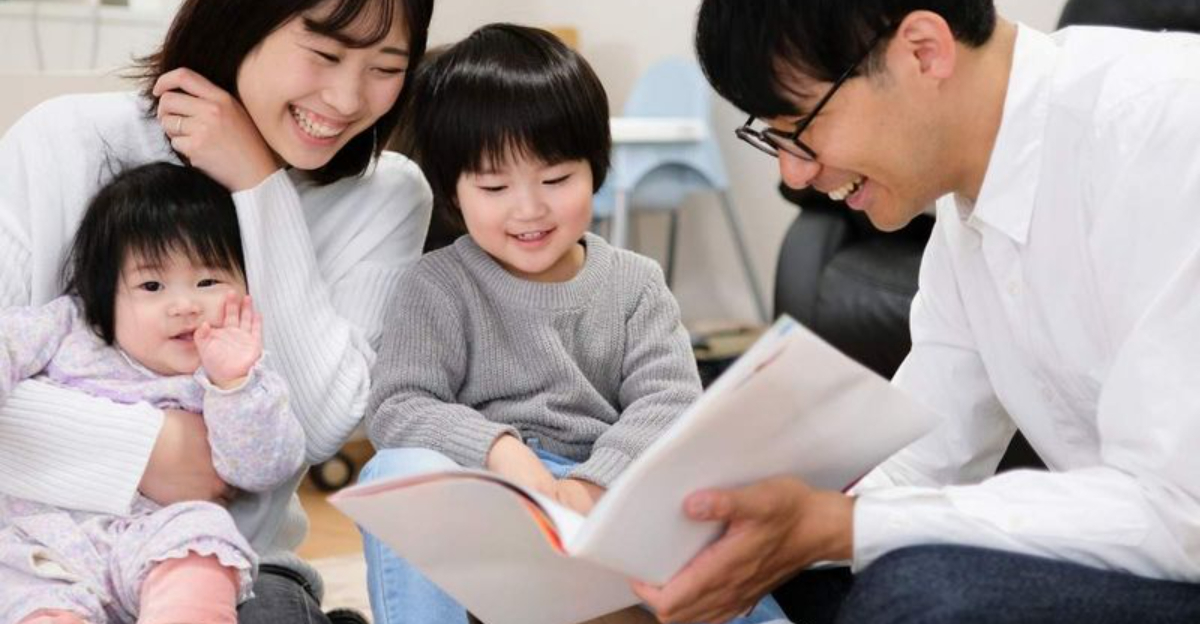15 Japanese Parenting Traditions That Western Parents Would Never Try
A fascinating journey into the world of Japanese parenting reveals a tapestry of traditions that might seem unconventional to Western audiences. These practices, deeply rooted in culture and philosophy, emphasize independence, community, and resilience.
From sending young children on errands alone to minimal praise for achievements, these traditions offer a unique perspective on raising children. While these methods may appear extreme, they reflect a strong commitment to fostering self-reliance and social harmony.
Through understanding these practices, we gain insight into a different approach to childhood, where the community and the child’s character are prioritized over individual accolades. Here are 15 Japanese parenting traditions that might surprise you.
1. Sending young children on errands—completely alone
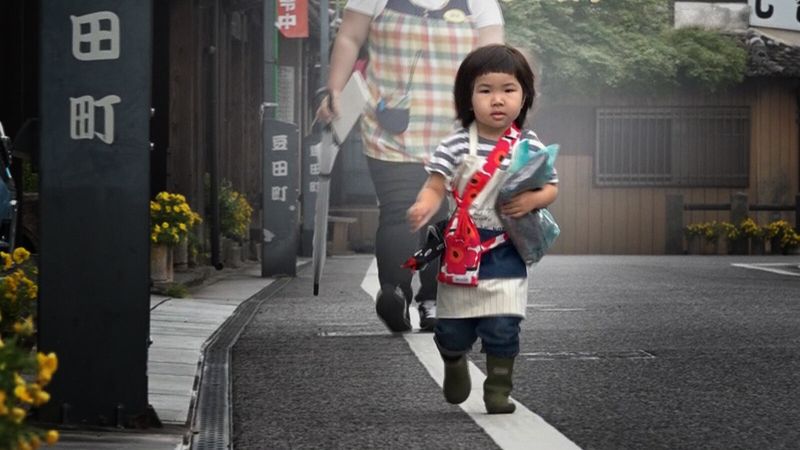
Imagine six-year-olds navigating bustling streets, tasked with errands like buying groceries. In Japan, it’s not uncommon for young children to be seen performing such tasks alone. This practice, rooted in trust and community safety, fosters independence and responsibility from an early age.
Parents believe that these experiences build confidence and practical life skills. While Western parents might find this daunting, in Japan, it’s a rite of passage. Neighborhoods often look out for the children, creating a supportive environment. It’s a societal commitment to raising self-sufficient individuals.
2. Letting kids navigate public transportation by themselves

In Japan, it’s not unusual to see elementary school children using public transport alone. This tradition is built on a foundation of trust in both the children and the community. With a focus on safety, children are taught to navigate buses and trains, equipping them with essential urban survival skills.
The responsibility given to them encourages early maturity and decision-making abilities. Parents trust that the community will watch over their children, fostering a protective yet empowering environment. It’s an intriguing blend of freedom and security.
3. Co-sleeping with children well into elementary school

Co-sleeping is a tradition that continues well into a child’s elementary school years in Japan, promoting family bonding and security. This practice reflects a cultural emphasis on closeness and emotional support within the family unit.
While Western parents may prioritize independence in sleeping arrangements, Japanese families view co-sleeping as a way to nurture emotional well-being and trust. It provides children with a strong sense of security and belonging, reinforcing family ties. The tradition underscores the importance of familial connections in child development.
4. Expecting toddlers to clean up after themselves
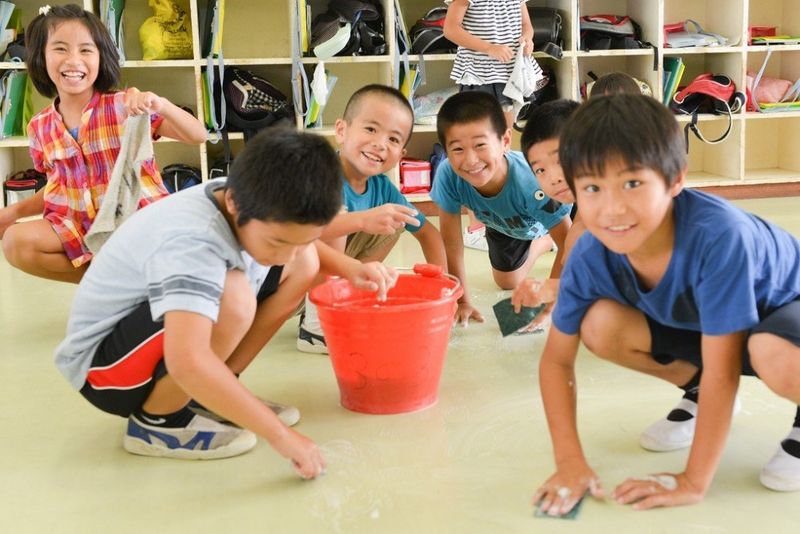
From an early age, Japanese children are taught the value of cleanliness and discipline. Toddlers, often seen tidying up their toys or wiping surfaces, learn to be responsible for their environment. This practice instills a sense of accountability and pride in maintaining order.
Parents encourage children to take ownership of their spaces, fostering independence and self-discipline. The ritual of cleaning up is not merely a chore; it’s a lesson in self-reliance and respect for one’s surroundings, integral to Japanese parenting philosophy.
5. Encouraging independence without adult supervision
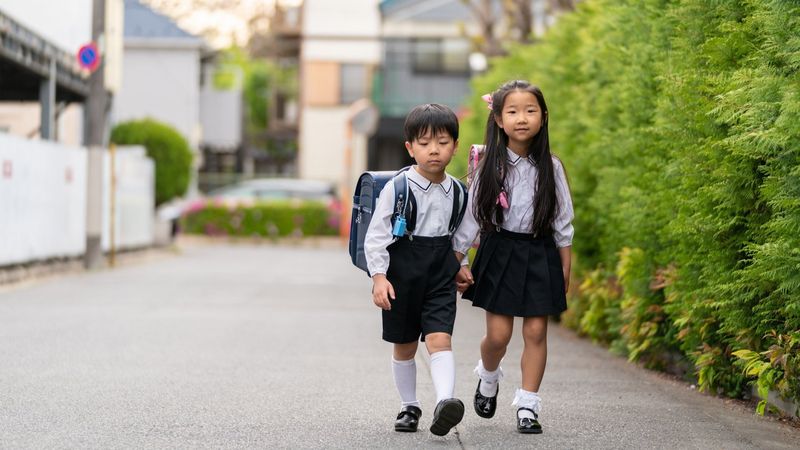
Japanese parenting often involves encouraging children to explore and play without constant adult oversight. By allowing kids to play independently, parents foster self-reliance and decision-making skills. This approach contrasts with Western ‘helicopter parenting,’ where children are closely monitored.
In Japan, it’s believed that unstructured playtime helps children develop problem-solving skills and creativity. The trust placed in children allows them to learn from their mistakes, cultivating resilience and confidence. It’s a method that nurtures growth through exploration.
6. Serving the same meal to everyone—no ‘kid food’
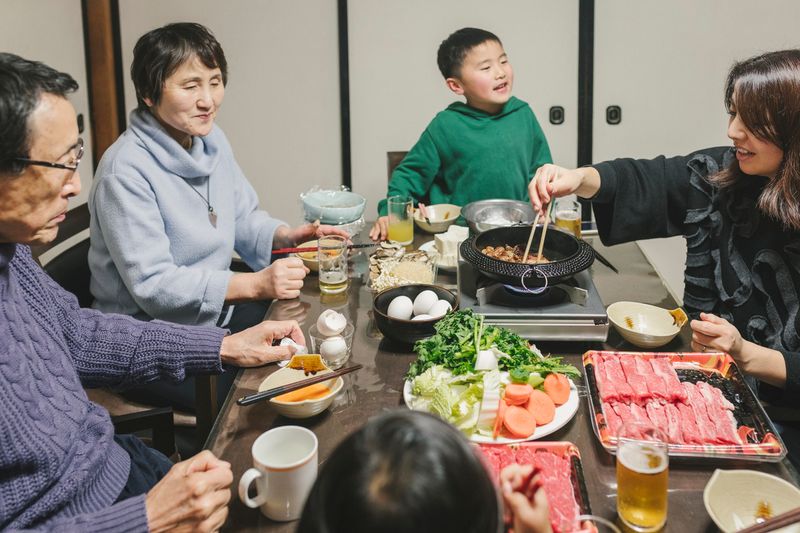
In Japanese households, children eat the same meals as adults, integrating them into family dining experiences. This practice promotes unity and shared taste preferences, avoiding the concept of ‘kid food.’ Parents believe this encourages healthier eating habits and an appreciation for diverse flavors.
By participating in communal meals, children learn table manners and the importance of family time. The tradition reflects a broader cultural value of inclusion and respect for shared family experiences, fostering a sense of belonging and equality around the dinner table.
7. Minimal praise—success is expected, not celebrated
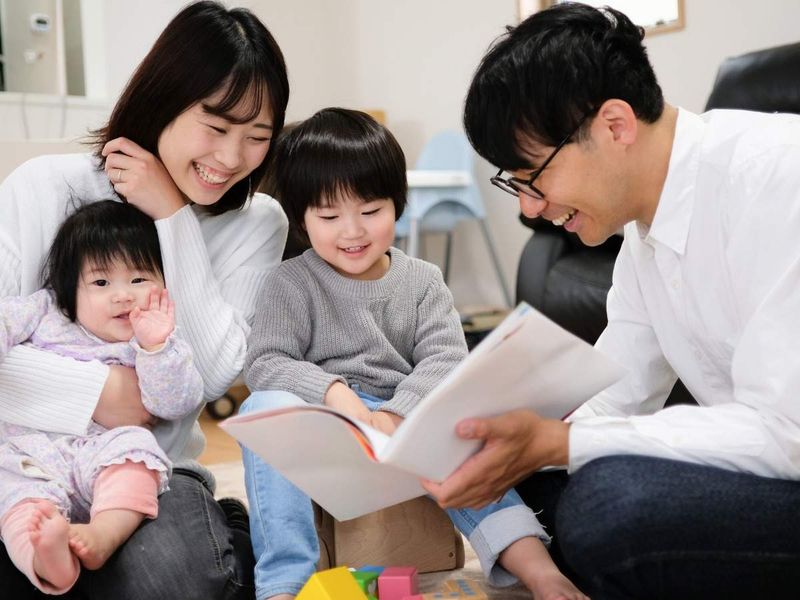
In Japan, success is often seen as a baseline expectation rather than a celebrated achievement. This parenting approach encourages intrinsic motivation, with minimal external praise for accomplishments. Parents and teachers emphasize effort and dedication, instilling a strong work ethic in children.
The focus is on self-improvement and mastery rather than external validation. By setting high standards, children learn to strive for excellence without relying on continuous praise. This tradition fosters resilience and a deep sense of personal responsibility in achieving goals.
8. Letting children experience failure without softening the blow

Failure is considered an essential part of growth in Japanese parenting. Children are allowed to experience setbacks without immediate parental intervention, teaching them to cope with disappointment and learn from mistakes. This approach contrasts with the Western tendency to cushion failures.
By facing challenges head-on, Japanese children develop grit and perseverance. Parents encourage this resilience by allowing natural consequences to occur, preparing children for real-world challenges. This tradition underscores the importance of learning through experience and building inner strength.
9. Teaching emotional restraint from a young age
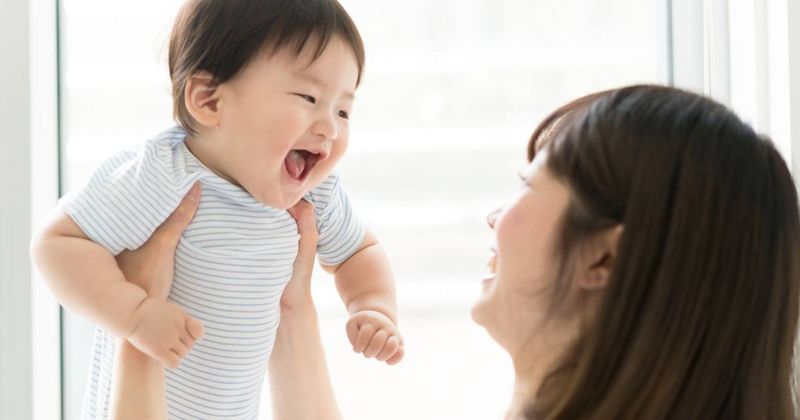
Emotional restraint is a valued trait taught to Japanese children from an early age, emphasizing composure and self-control. Parents guide children in managing their emotions, promoting harmony and respect in social interactions.
This practice encourages children to think before reacting, fostering maturity and empathy. While Western cultures may prioritize emotional expression, Japanese parenting values the ability to maintain calmness and consideration for others. This tradition reflects a cultural emphasis on group harmony and thoughtful communication, essential skills in Japanese society.
10. Group-focused parenting over individual child attention
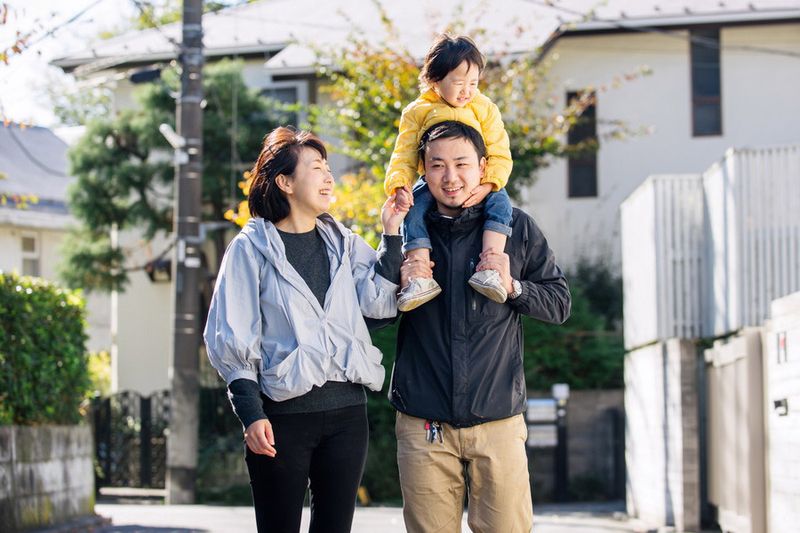
Japanese parenting often prioritizes group harmony and collective experiences over individual attention. Children are taught to value teamwork and cooperation from a young age. This approach contrasts with Western parenting, which often emphasizes individual achievements and personal attention.
By focusing on group dynamics, Japanese children learn the importance of collaboration and community involvement. This tradition fosters a sense of belonging and social responsibility, preparing children to contribute positively to society. It’s a perspective that values the collective over the individual, nurturing community-minded citizens.
11. Public shaming for misbehavior—not time-outs
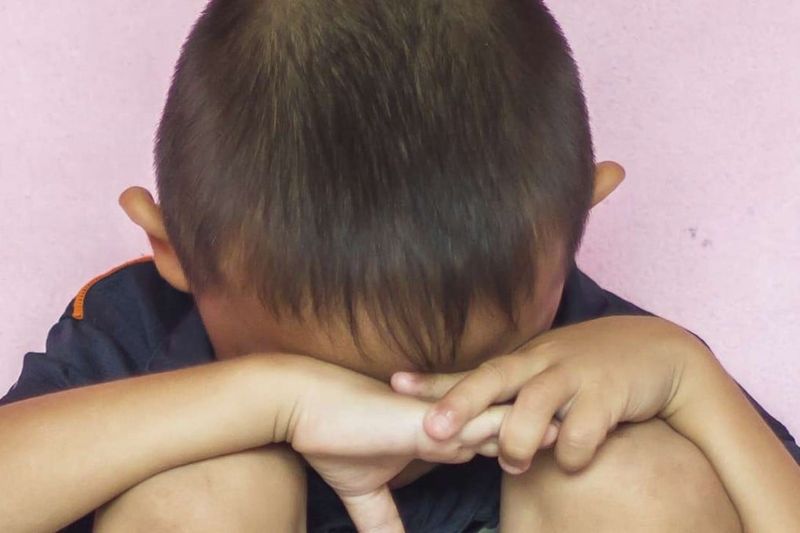
In Japan, public shaming is sometimes used as a disciplinary method, contrasting with Western practices like time-outs. This approach serves as a deterrent to misbehavior, reinforcing societal expectations and self-awareness. While it may seem harsh, it’s intended to teach children about community standards and the impact of their actions on others.
The emphasis is on understanding social consequences and developing self-regulation. Japanese parents believe that this method helps children align their behavior with societal norms, fostering accountability and respect for communal values.
12. No helicopter parenting—even in public spaces
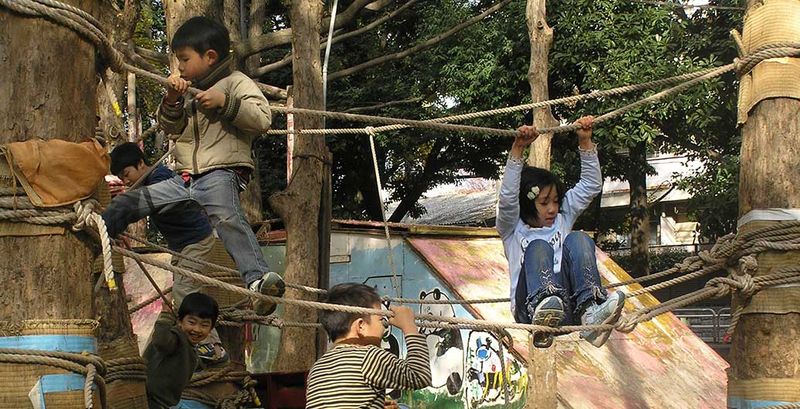
Japanese parenting often eschews the ‘helicopter’ approach, even in public spaces. Children are given the freedom to explore and play without constant supervision, encouraging independence and self-confidence. This contrasts with Western parenting styles that often involve close monitoring. Japanese parents trust their children to navigate social interactions and learn from their experiences.
This practice nurtures resilience and adaptability, providing children with the opportunity to solve problems independently. It’s a cultural affirmation of trust and responsibility, allowing children to thrive in communal settings.
13. Prioritizing community discipline over parental lectures

In Japan, community involvement plays a significant role in disciplining children, rather than relying solely on parental guidance. This tradition emphasizes the value of societal norms and collective responsibility in child-rearing.
Children are often corrected by other adults in their community, reinforcing the idea that discipline is a communal effort. This approach contrasts with Western practices, where discipline is typically the domain of parents. By prioritizing community discipline, Japanese children learn to respect authority and understand the importance of social harmony.
14. Strict uniform rules, even in early grades
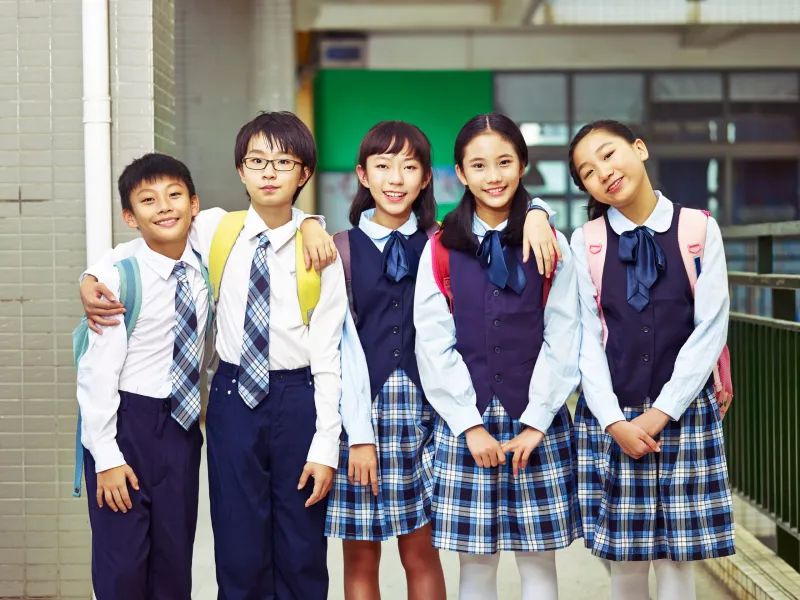
Japanese schools implement strict uniform policies even for young students, promoting discipline and equality. This tradition reflects a cultural emphasis on uniformity and respect for rules. School uniforms minimize distractions and create a sense of belonging, reinforcing the idea of community over individuality.
While Western schools often prioritize self-expression, Japanese education values conformity and collective identity. By adhering to uniform rules, children learn to appreciate structure and order, key components of Japanese societal values. It’s a practice that instills discipline and a sense of unity from an early age.
15. Deep emphasis on humility over self-esteem boosting

In Japan, humility is a core value taught to children, contrasting with Western emphasis on self-esteem boosting. This practice encourages modesty and self-reflection, fostering a balanced sense of self-worth. Parents and educators emphasize the importance of humility, guiding children to recognize their strengths while acknowledging areas for improvement.
This approach nurtures a realistic self-image and respect for others. Japanese children learn to appreciate their achievements without arrogance, embodying cultural ideals of modesty and grace. It’s a tradition that values inner growth and communal harmony over individual accolades.

